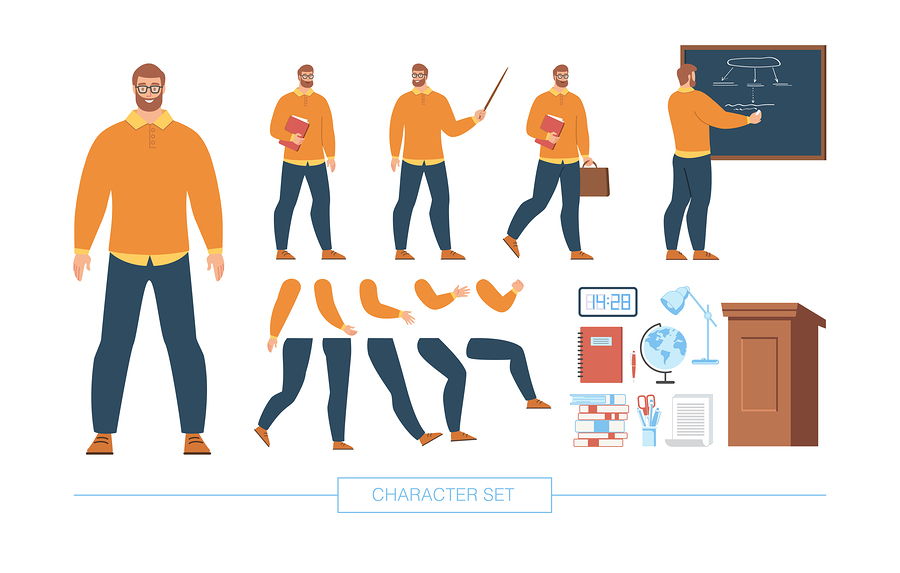
Delivering a guest lecture can be a powerful tool for self-development, and for planning your future. Although it is common for people who are already college or grad school professors to do guest lectures at other institutions, or even their own, you don’t necessarily have to be a teacher to do an effective one.
Whether or not you are considering taking steps to actually do one, there is a way to prepare, and in doing so, helping to frame and organize your own work experience, as you consider options for future career changes or pivots. In my first book, Living in More Than One World: How Peter Drucker’s Wisdom Can Inspire and Transform Your Life, which recently had its 10th anniversary, I devoted an exercise to this concept in chapter 5, ‘Teaching and Learning.’ This is something to do on your own, and you don’t have to show it to anyone else. But the preparation could lead you to doing a guest lecture, at a local school, or perhaps in other parts of the country, or the world, using webinar technology such as Skype or Zoom.
Follow these steps, modified and adapted from the exercise in the book, and see where it leads:
Consider where you might be giving the lecture, such as in an MBA marketing class, or whatever your field is.
Develop a topic, perhaps based on the work you do, or what you have recently done. What would the students find particularly valuable and unique?
Prepare your “guest lecture,” in PowerPoint or some other organized form.
Settle on a time frame; perhaps for 20 to 30 minutes, to speak on your topic.
What information will you need to deliver a really strong lecture? It might help to include a sample bibliography, which will help organize your thoughts and knowledge during your preparation.
Anticipate questions you might receive from the students, during and after your lecture.
Prepare a concise handout of supplementary material that could be distributed either in hard copy or by email. Especially if your lecture is about your work, it might help you think about it in a new way, and approach it from different angles.
This is an especially valuable exercise if you would like to start teaching as an adjunct professor, perhaps leading to a parallel career in teaching. That is exactly what happened for me, when I was given the opportunity to do a guest lecture at The Catholic University of America, my Masters of Library Science alma mater, in 1995. That led to my teaching there as an adjunct starting the following year, and I’ve been doing it ever since.
Because I believe so strongly in the concept of guest lectures, and the benefits for the lecturers, professor, and students, I have included a number of guest lecturers for most of the classes I’ve taught. For my Summer 2019 class, we had terrific lectures from Kimberly Ferguson (Library of Congress), Angela J.A. Kent (Texas State Library and Archives Commission, via Skype), Polly Khater (Smithsonian Libraries), James King (NIH/National Institutes of Health), and Karen Reczek (NIST).
If you’d like to explore guest lecturing (especially after doing the exercise above), here are some tips on how to get started:
Think about how you can add value to a class. What’s in it for the students and professor, not just for you?
Check online for suitable schools. Reach out to someone who is teaching a subject that would be a good fit. It helps if you already know the person, but it’s not necessary.
If they are open to having you as a guest lecturer, find out the requirements, be sure of the logistics, and prepare in detail.
If you will be lecturing by webinar or similar technology, be sure that you are as familiar as possible with the software and hardware requirements well ahead of your lecture day.
Enjoy yourself, and convey your enthusiasm for what could be a life-changing experience!
